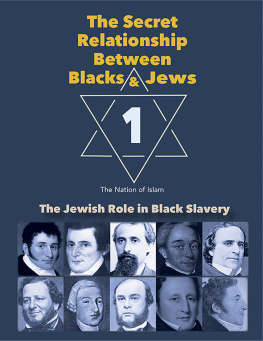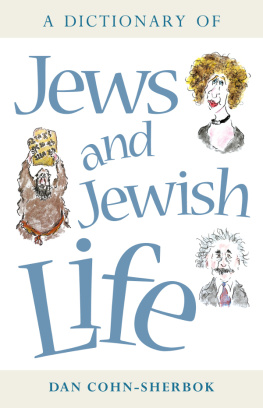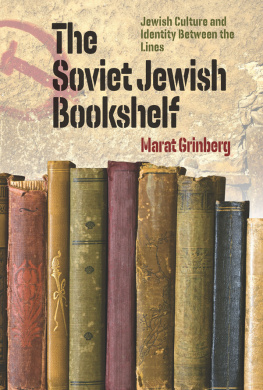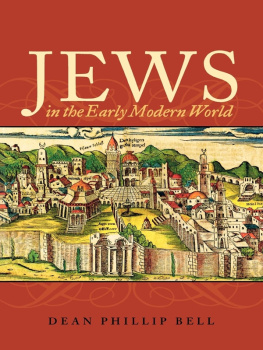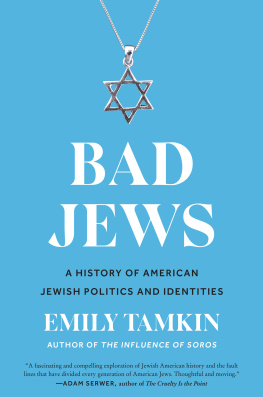The information contained herein has been compiled primarily from Jewish historical literature. Every effort has been made to present evidence from the most respected of the Jewish authorities and whose works appear in established historical journals or are published by authoritative Jewish publishing houses. A substantial body of evidence that supports the findings herein was excluded by the editors and deemed to be from sources considered anti-Semitic and/or anti-Jewish.
Footnote Abbreviations
The following abbreviations will be substituted for often-cited reference material.
AJA American Jewish Archives (Cincinnati: Hebrew Union College)
AJHQ American Jewish Historical Quarterly changed from PAJHS Publications of the American Jewish Historical Societyat vol. 51, September 1961.
EAJA Herbert I. Bloom, The Economic Activities of the Jews of Amsterdam in the Seventeenth and Eighteenth Centuries (Port Washington, NY/London: Kennikat Press, 1937)
EHJ Salo W. Baron, Arcadius Kahan, and Nachum Gross, eds., Economic History of the Jews (New York: Schocken Books, 1975)
EJ Encyclopaedia Judaica (Jerusalem: Keter Publishing House, Ltd., 1971)
Emmanuel HJNA Isaac S. and Susan A. Emmanuel, History of the Jews of the Netherland Antilles (Cincinnati: American Jewish Archives, 1973)
Karp, JEA(1,2,3) Abraham J. Karp, ed., The Jewish Experience in America: Selected Studies from the Publications of the American Jewish Historical Society, 3 vols. (Waltham, MA: American Jewish Historical Society, 1969)
MCAJ(1,2,3) Jacob Rader Marcus, The Colonial American Jew: 1492-1776, 3 vols. (Detroit: Wayne State University Press, 1970)
JRM/Docs . Jacob Rader Marcus, American Jewry: Documents of the Eighteenth Century (Cincinnati: Hebrew College Union Press, 1959)
MEAJ(1,2) Jacob Rader Marcus, Early American Jewry, 2 vols. (Philadelphia: Jewish Publication Society of America, 1951)
JRM/Essays Jacob Rader Marcus, ed., Essays in American Jewish History (American Jewish Archives, KTAV Publishing House, 1975)
JRM/Memoirs(1,2,3) Jacob Rader Marcus, Memoirs of American Jews 1775-1865 , 3 vols. (New York: KTAV Publishing House, 1974)
MUSJ(1,2) Jacob Rader Marcus, United States Jewry, 1776-1985 (Detroit: Wayne State University Press, 1989)
PAJHS Publications of the American Jewish Historical Society changed to ( AJHQ ) American Jewish Historical Quarterly, vol. 51, September 1961.
Editors Note
This study is structured as a presentation of historical evidence concerning the relationship of one people with another. The facts, as established by highly respected scholars of the Jewish community, are here exposed and linked by as sparse a narrative as is journalistically permitted. It is not the mission of this study to interpret the data to an extent greater than is required to present these facts clearly. The facts, we believe, speak for themselves. Statements will be presented and then verified by references, which are fully cited in the footnotes. Some statements may seem redundant only because we have made every attempt to include the words of every Jewish scholar who has commented on the subject at hand. We have made every effort to be fair and just in the presentation of this data and hereby invite all analysis to the contrary.
The terms buy , own and sell , and variations thereof, in connection with the commerce in Black people, will be used with reservation and primarily for the convenience of the reader. In no way should the reader infer sanction of these activitieswhich are wholly illegal and immoral crimes against humanityby the use of the terminology of legitimate commercial transactions. Also, the term slave refers to the African men, women and children who were forcibly entrapped in dehumanizing conditions for the profit of others. We do not accept such a term as descriptive of their character or nature, only of their circumstance.
And finally, the subject at hand is a controversial one and should be approached with great sensitivity. Those who would use this material as a basis for the violation of the human rights of another are abusing the knowledge herein. The wise will benefit from the potential opportunity to develop a more equitable relationship between the families of man.
Introduction
Throughout history Jews have faced the charge of economic exploitation of Gentile communities around the world. Indeed, no single group of people has faced blanket expulsion in so many places around the world as frequently as have the Jews. The pattern and the charges are familiar: monopolization, usury, sharp practices, the selling of cheap goods, frequent bankruptcies, et cetera. All such claims seem to preface the expulsion orders and are vigorously denied both by those charged and by the Jewish writers of history.
But that is not the only charge made against the Jewish people. Jews have been conclusively linked to the greatest criminal endeavor ever undertaken against an entire race of peoplea crime against humanity: the Black African Holocaust. They were participants in the kidnapping and forcible exportation of millions of Black African citizens into a wretched and inhuman life of bondage for the financial benefit of Jews. The effects of this unspeakable tragedy are still being felt among the peoples of the world at this very hour.
Deep within the recesses of the Jewish historical record is the irrefutable evidence that the most prominent of the Jewish pilgrim fathers used kidnapped Black Africans disproportionately more than any other ethnic or religious group in New World history and participated in every aspect of the international slave trade. The immense wealth of Jews, as with most of the white colonial fathers, was acquired by the brutal subjugation of Black Africans purely on the basis of skin colora concept unfamiliar to Moses. Now, compiled for the first time, the Jewish sources reveal the extent of their complicity in Black slavery in the most graphic of terms.
Until now, the facts herein were known only to a few. Most have always assumed that the relationship between Blacks and Jews has been mutually supportive, friendly and fruitfultwo suffering people bonding to overcome hatred and bigotry to achieve mutual success. But history tells an altogether different story. This report will focus on the hidden history of Blacks and Jews from the Jewish historical record. Rabbi Henry Cohen, author of the book Justice Justice , makes a telling point:
[T]he parallels between the Nazi terror and the American slave trade are more startling than we may realize. When Negroes were brought from the heart of Africa to the American South, one-third died enroute to the African coast and one-third died in the suffocating prisons on board ship. Once here, families were purposely broken up; husbands, wives, and children forced to go their separate ways. Must we be reminded of the death toll in the suffocating boxcars bound for Auschwitz

